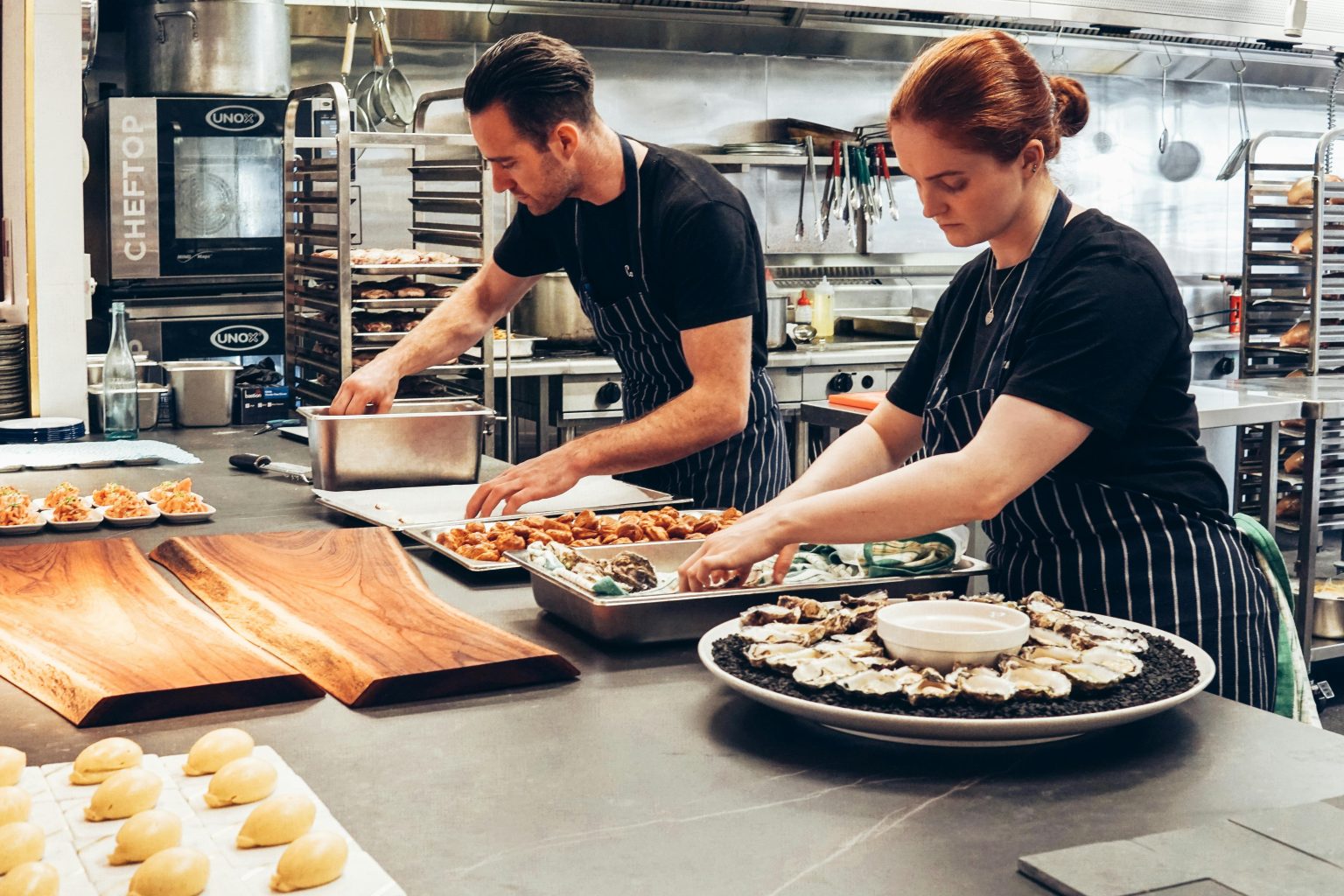It’s easy to underestimate the role of food in shaping how people connect. Yet research consistently shows that sharing a meal – or even a coffee break – can break down barriers, encourage collaboration, and help people feel more relaxed in professional and social settings. In the world of events, food is much more than fuel; it’s a social catalyst.
Food and human connection
Eating together has been central to human behaviour for millennia. Psychologists point out that shared meals create a sense of belonging and help people form bonds more easily. In business and event settings, the same principle applies. Whether it’s a networking lunch or a company celebration, food helps create the right environment for conversation and trust to flourish.
It’s no surprise, then, that event organisers are rethinking how catering fits into the overall experience. Rather than simply scheduling a lunch break, many are using food as part of the event design – an intentional moment of connection where ideas can flow naturally.
How caterers are embracing the social side of events
Caterers have taken note of this shift. Instead of static, formal dining setups, event catering is increasingly interactive. Shared platters, themed food stations, and small-plate menus encourage movement and conversation, allowing guests to engage with both the food and each other.
Event catering in Manchester, for instance, has seen a marked shift toward formats that prioritise interaction. The city’s vibrant business and cultural scene has created demand for experiences that feel informal yet polished – spaces where guests can eat, talk, and network without interruption.
South Catering, a leading name in corporate and event catering Manchester, has witnessed how these changes affect engagement. Clients are moving away from traditional service styles and opting for flexible menus that help people mix and mingle more easily. In many cases, food is no longer a pause in the event – it’s part of the flow.
A senior spokesperson told us “It’s clear that businesses have continued to understand the role that food has at business events. For example, we’ve seen an enormous rise in demand for breakfast meeting catering. Businesses realise that starting the day with great food not only engages participants early in the day, it also sets the tone of something shared and informal.”
“Businesses are applying this psychology to other types of events, using the food to set the desired tone.”
The wellbeing factor
Good catering also contributes to wellbeing, both physical and mental. Nutritious, well-balanced meals keep energy levels steady throughout long conferences or workshops, while inclusive options ensure that every guest feels comfortable and valued. When people are well-fed and cared for, they’re more likely to be focused, receptive, and positive.
Food as part of event storytelling
Catering is also becoming an important storytelling tool. The menu, presentation, and even the sourcing choices can communicate an organisation’s personality and values. A sustainable buffet or globally inspired menu can reinforce messages about innovation, inclusivity, or responsibility – without the need for a single slide in a presentation.
More than a meal
In the end, the psychology of food at events comes down to connection. The most memorable gatherings aren’t defined solely by speakers or décor, but by the moments when people interact freely – often over something delicious. For organisers and caterers alike, understanding that dynamic is key to creating events that leave a lasting impression.

